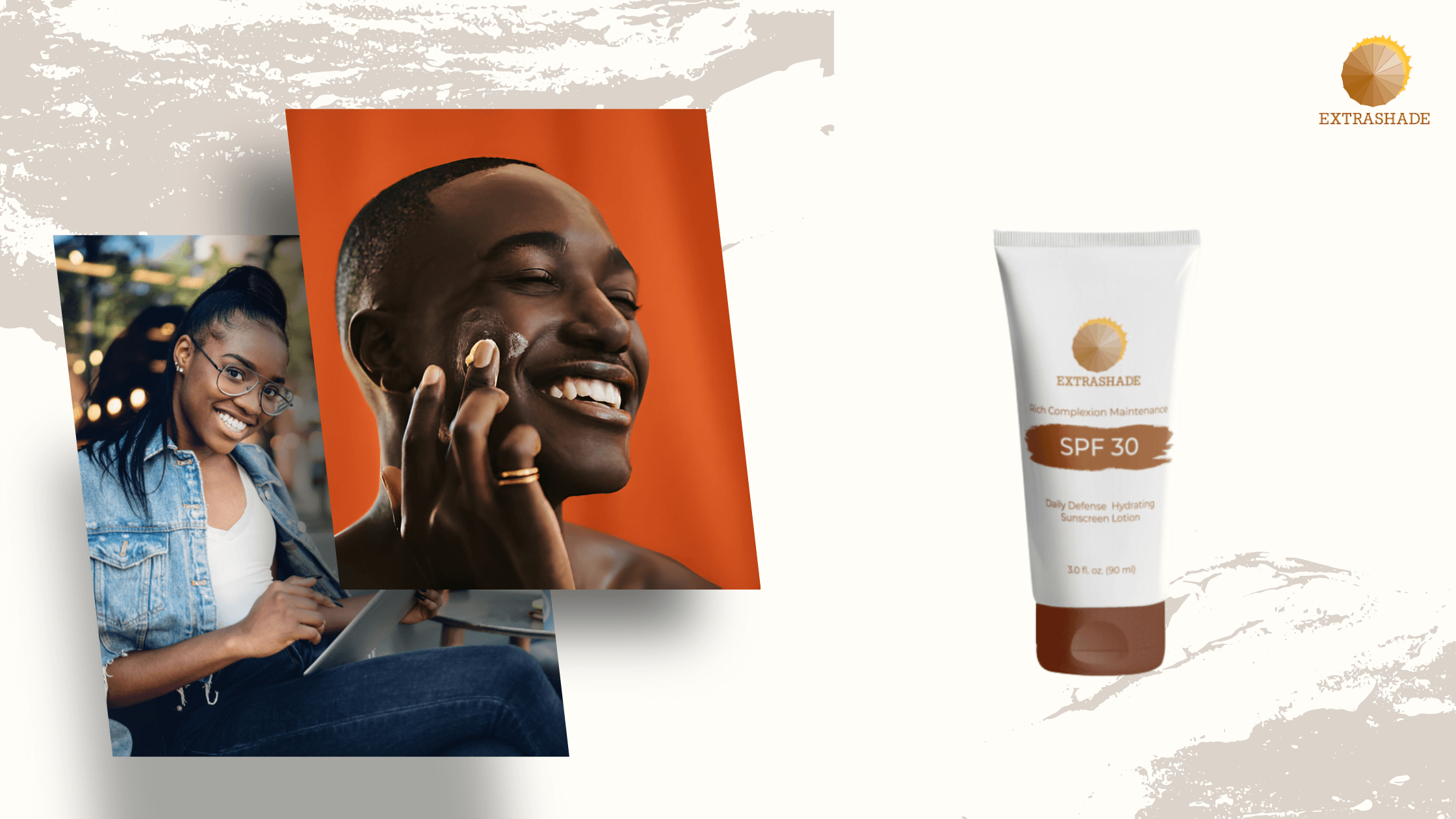While the notion that individuals with darker skin tones are naturally protected from the harmful effects of the sun’s ultraviolet (UV) radiation is a common misconception, the truth is that sun protection is crucial for people of all skin colors.
Melanin, the pigment that gives skin its color, does provide some level of protection against UV rays. However, this protection is not absolute, and excessive sun exposure can still lead to various skin-related issues, including skin cancer, premature aging, and hyperpigmentation.
Skin cancer, particularly melanoma, which is the most dangerous form, can affect individuals of all ethnicities and skin tones. In fact, studies have shown that melanoma is often diagnosed at later stages in people of color, increasing the risk of poor outcomes. This underscores the importance of early detection and regular skin examinations, regardless of skin tone.
Moreover, sun exposure can accelerate the aging process of the skin, leading to the formation of fine lines, wrinkles, and age spots. This is a concern for people of all skin colors, as the effects of photoaging can be visible and potentially damaging to self-confidence and overall well-being.
Hyperpigmentation, a condition characterized by the development of dark patches or spots on the skin, is another common issue that can result from excessive sun exposure. This can be particularly problematic for individuals with darker skin tones, as the contrast between the hyperpigmented areas and the surrounding skin can be more pronounced.
Why Sun Protection Matters for Skin of Color?
There’s a common misconception that darker skin tones are invincible to the sun. While it’s true that people with skin of color have more melanin, which offers some natural protection, here’s why sun protection is still crucial:
- Sunburn and skin cancer: Sunburns aren’t just uncomfortable – they’re a sign of DNA damage in skin cells. While less common, skin cancer can also develop in people of color. Early detection is key, so regular skin checks are important.
- Premature aging: Sun exposure contributes to wrinkles, fine lines, and age spots. Sunscreen helps slow down these signs of aging for all skin types.
- Hyperpigmentation: This is a condition where patches of skin become darker than surrounding areas. Sun exposure can worsen hyperpigmentation, and sunscreen can help prevent it.
In short, sun protection helps keep your skin healthy and even-toned, regardless of your skin color.
Sun Protection Strategies
Sun protection is crucial for maintaining healthy skin and reducing the risk of skin cancer. Here are some effective sun protection strategies:
Seek shade: Whenever possible, stay in the shade, especially during peak sun hours (usually between 10 am and 4 pm). Find shade under trees, umbrellas, or other structures.
Slip on protective clothing: Wear clothes that cover your arms, legs, and torso. Look for tightly woven fabrics with a dark color, which offer more UV protection than loosely woven fabrics or light colors.
Slap on sunscreen: Apply broad-spectrum sunscreen with SPF 30 or higher to all exposed skin at least 15 minutes before going outdoors. Reapply sunscreen every two hours, or more often if you are sweating or swimming.
Slide on sunglasses: Wear sunglasses that block UVA and UVB rays. Look for sunglasses that fit snugly around your face and have large lenses.
Conclusion on The Importance of Sun Protection for Skin of Color
Although individuals with darker skin tones have more natural protection against UV radiation due to higher levels of melanin, they are still susceptible to the harmful effects of excessive sun exposure. Skin cancer, premature aging, and hyperpigmentation are all risks that affect people of color. Therefore, it is crucial for everyone, regardless of skin tone, to adopt sun-safe practices, such as applying broad-spectrum sunscreen with an SPF of 30 or higher, seeking shade during peak sun hours, and wearing protective clothing and accessories.
Moreover, it is essential to dispel the misconception that people with darker skin tones are immune to the dangers of UV radiation. This myth can lead to a false sense of security and inadequate sun protection measures, ultimately increasing the risk of sun-related skin damage and health complications.
By raising awareness about the importance of sun protection for skin of color, we can empower individuals to take proactive steps in safeguarding their skin health and overall well-being. Regular skin self-examinations, annual skin cancer screenings, and adherence to sun-safe practices should become a part of a comprehensive approach to skin care for people of all skin tones.


